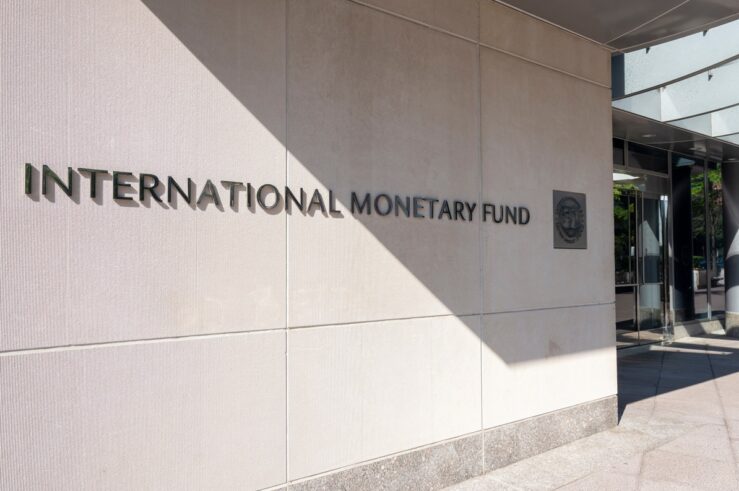A letter to the editor in today’s W$J (see here) asserts the following regarding option backdating:
[B]y backdating options at the lowest price of the past period, say, three months, a company is not providing any more incentives to CEOs to work harder on behalf of shareholders. If anything, since the options are already in the money on the grant day, CEOs are getting money right now, even though they have not done a thing to benefit shareholders. It defeats the very purpose of granting stock options, namely to align future efforts of CEOs to the best interest of shareholders in the future.
This is a criticism appearing in various forms in various articles I’ve read regarding option backdating, and it makes little sense to me. The incentive provided by stock options comes not from the strike price but from the fact that the option increases in value essentially dollar for dollar as the company’s stock price rises. If setting a strike price below market price is in and of itself problematic in terms of incentives, people should have been in an uproar when Microsoft and other companies changed from stock options to restricted stock. The grant of restricted stock is essentially the same as granting an option with an exercise price of zero. I do not recall any uproar, nor should there have been one.
Further, CEOs do not “get money right now” from backdated options. They do have an immediate paper gain, but the gain is typically subject to vesting, and locking in the gain is greatly complicated by Section 16 of the Exchange Act. If the stock tanks before the option can be exercised or the gain locked, the CEO never gets the money. Hence, options, even if backdated, certainly provide CEOs with incentives to increase share value.




